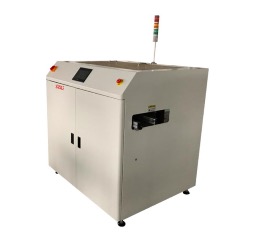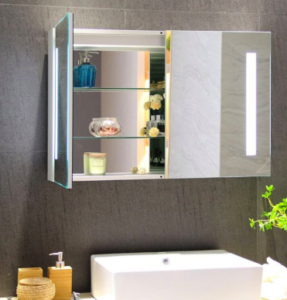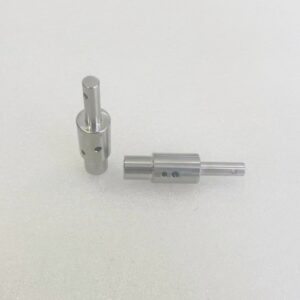Manufacture robots have become an essential part of modern industrial production, transforming the way goods are made. These advanced robotic systems improve efficiency, precision, and safety in manufacturing processes. As industries continue to embrace automation, manufacture robots are playing a crucial role in enhancing productivity and reducing operational costs.

Table of Contents
ToggleWhat Is a Manufacture Robot?
A manufacture robot is a robotic system designed specifically for industrial production tasks. These robots can perform repetitive and complex operations with high precision, making them invaluable in various industries, including automotive, electronics, and consumer goods manufacturing. Unlike traditional labor-intensive methods, manufacture robots streamline production, ensuring consistent quality and faster output.
Key Benefits of Manufacture Robots
Increased Efficiency – Manufacture robots can operate 24/7 without fatigue, significantly improving production rates. Their ability to work continuously enhances output while maintaining consistent quality.
Enhanced Precision – These robots are programmed to execute tasks with high accuracy, reducing errors in production. This precision is essential in industries where small defects can lead to significant losses.
Cost Reduction – Although the initial investment in manufacture robots can be high, they lead to long-term savings by reducing labor costs, minimizing material waste, and optimizing resource use.
Improved Workplace Safety – By taking over hazardous tasks, manufacture robots help create a safer work environment for employees. This is particularly beneficial in industries that involve heavy lifting, exposure to chemicals, or high temperatures.
Flexibility in Production – Modern manufacture robots can be reprogrammed to adapt to different tasks, making them highly versatile for manufacturers looking to diversify their product lines.
Applications of Manufacture Robots
Manufacture robots are widely used in various industries, demonstrating their versatility and effectiveness:
- Automotive Industry: These robots handle welding, painting, and assembly processes with high precision, ensuring uniform quality in vehicle production.
- Electronics Manufacturing: They assist in assembling circuit boards and other delicate components, where accuracy is crucial.
- Food and Beverage Industry: Manufacture robots aid in packaging, sorting, and quality inspection, improving hygiene and efficiency.
- Pharmaceutical Industry: Robots are used in drug formulation, packaging, and medical device assembly, ensuring precision and sterility.
Future Trends in Manufacture Robots
With advancements in artificial intelligence (AI) and machine learning, manufacture robots are becoming smarter and more autonomous. The integration of Internet of Things (IoT) technology allows manufacturers to monitor and optimize robotic performance in real time. Collaborative robots, or cobots, are also gaining popularity, working alongside human employees to enhance productivity without replacing the workforce.
In conclusion, manufacture robots are revolutionizing industrial production by increasing efficiency, improving precision, and reducing costs. As technology continues to evolve, these robots will become even more sophisticated, offering new possibilities for automation in various sectors. Companies that invest in manufacture robots today are positioning themselves for greater competitiveness and long-term success.
0




